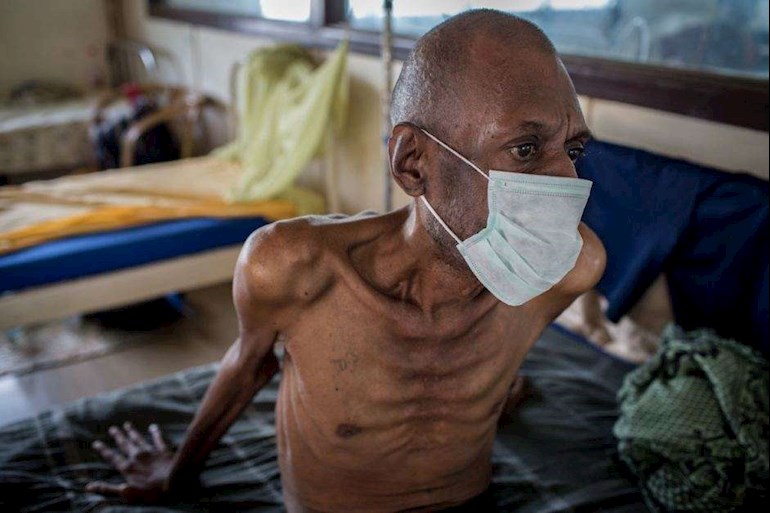Perceptions of being affected by Tuberculosis (TB)
Tuberculosis is an infectious disease caused by the bacterium Mycobacterium tuberculosis (MTB). Tuberculosis generally affects the lungs, also other organs in the body. It’s spread through the air when people who have active TB in their lungs cough, spit, speak, or sneeze. People with latent TB do not spread the disease. Active infection occurs more often in people with immunodeficiency and in those who smoke.
Stigma may be due to the fear of transmission from affected individuals. This stigma may additionally arise due to links between TB and poverty, and in Africa, AIDS. Such stigmatization may be both real and perceived; for example, in Ghana individuals with TB are banned from attending public gatherings.
Stigma towards TB may result in delays in seeking treatment, lower treatment compliance, and family members keeping cause of death secret– allowing the disease to spread further.
